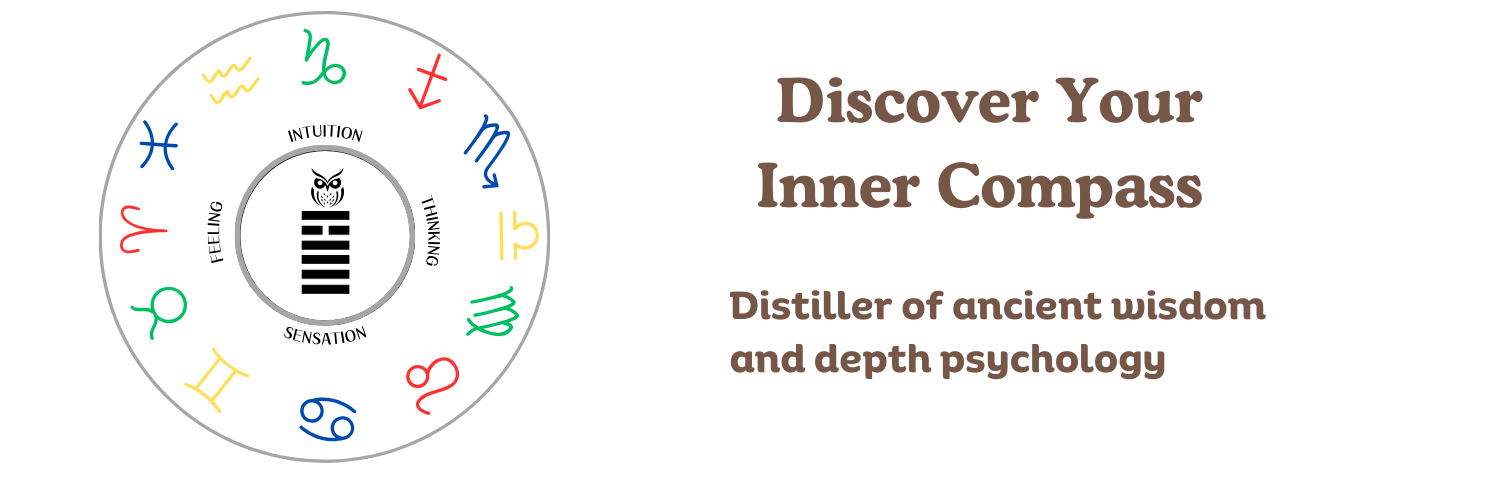The second (auxiliary) cognitive function is, in archetypal terms, your parent function. This is the function you can call upon when “parenting” others.
Someone who is an ENTP or ESTP type, for example, has introverted thinking (Ti) as their parent function. They use this function to help others define their problems more sharply and bring clarity to the situation.
An INFJ or ISFF has extroverted feeling (Fe) as their parent function. When advising others, they use this function to relate to the other person and understand their motivations.
Things get more complicated and nuanced, however, when factoring in the age of the other person and their relationship to you.
Keep the Hero in its proper place
When interacting with a peer that you get along with well, it is fairly easy to remain in parent function mode when providing assistance or interacting with them.
When dealing with the elderly, a vulnerable person, your own parents. or a peer that you dislike, however, it is all too easy to slip into Hero (lead) function mode instead. The hero function’s more proper role is to serve in developing your personal identity. When used in an interaction with someone you are ‘parenting,” it can overwhelm them.
For example, an INFJ has Hero introverted intuition (Ni). When they have an insight to share with someone, it is best if they filter it through their parent function first and not just blurt it out. That filtering process will quite often result in the person keeping that insight to themselves until the time is right to share it.
In their zeal to help a person in need, an ESTJ or ENTJ might overwhelm the person with too much extroverted thinking (te) style solutions.
Things get even more interesting when pondering which functions you use with your parents. Karma and baggage from childhood may trigger you to use the Hero in anger, or regress into using the Child function, all too often. When you find yourself triggered in this way, it will reveal growth opportunities. If your parent is elderly, try using your parent function with them as much as you can (assuming your relationship with them is fairly healthy).
If you find yourself feeling impatient when helping someone, or if it is obvious that you wounded them or were unable to help them, check to see if you inadvertently slipped into Hero mode instead. Of course there are more extreme situations when, in order to get through to someone, or to set a boundary, you may need to invoke your Hero, with a strong helping of Anima/Animus, and bypass the parent function.
How to (not) use your parent function with children
When interacting with young children, using your child function instead of your parent function will help you meet them at their level.
One of the ironies of parenting is that using the parent function can backfire. This is because the shadow function of the parent function (the Witch/Senex) can get activated. The Opposing Parent contains the scripts of things we received in childhood from our own parents. Complexes sometimes run amok here. Before you know it, your parent function can be overtaken by your Opposing Parent function if you aren’t conscious of it. And if the Hero function gets thrown into the mix, it will escalate into a contentious situation.
For an interesting twist, or to break a negative pattern, if you are a parent of teenagers or young adults, try tapping into the child’s parent function. You might be pleasantly surprised at how well an ISFP teenage daughter can redecorate a room for you or pick out an outfit for you in a store. A 23-year-old ESFJ son could be just the right person to plan the family next vacation. An INTJ child could help you learn the best practices of a particular video game. And so on.
An important factor of children in regards to typology is that they can help you type into your Anima/Animus (inferior function) in a healthy way. A daughter may see her father’s feminine and softer side in a way her brother, and even her mother, does not. The same is true of mothers and sons. A mother may be able to better tap into her masculine energy if she has a son.
How to parent yourself
Re-parenting – or, parenting yourself – is an important part of maturity. Eventually one has to take care of oneself and stop relying on, and blaming, their parents for their problems.
However, you can’t use the parent function to parent yourself very well. You’ll need the parent functions of others for that, along with your other three functions, especially the Hero and Anima/Animus functions.
The right archetype for the right situation
A great thing about viewing the functions as archetypes is that it makes it is easier to call upon the functions deliberately – and to avoid using a certain function – as needed,
Keep in mind no two people use the same parent function the same way, because the parent archetype means something a little different to each person, so therefore there isn’t a “right” way to use a parent function.
There is a delicate geometry involved when interacting with others and the unique expression of their own functions. Respecting this will result in fewer collisions and more harmony and self-awareness.
